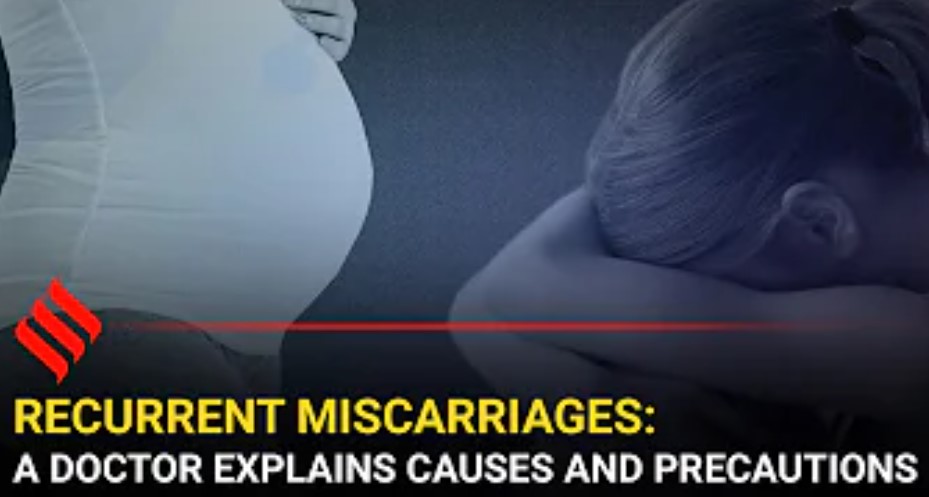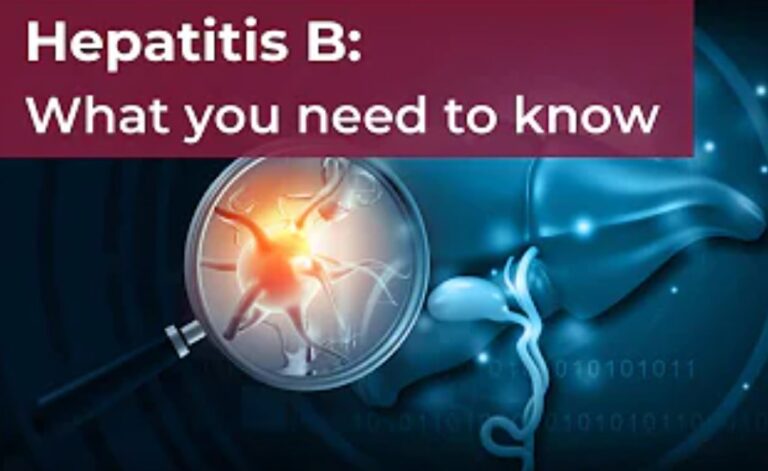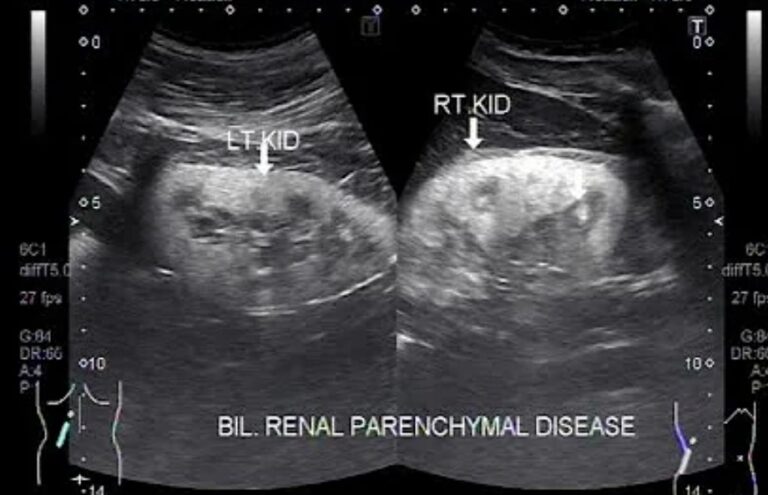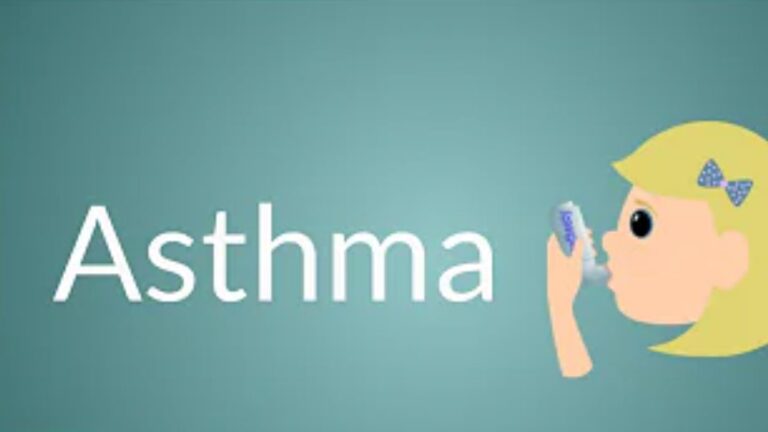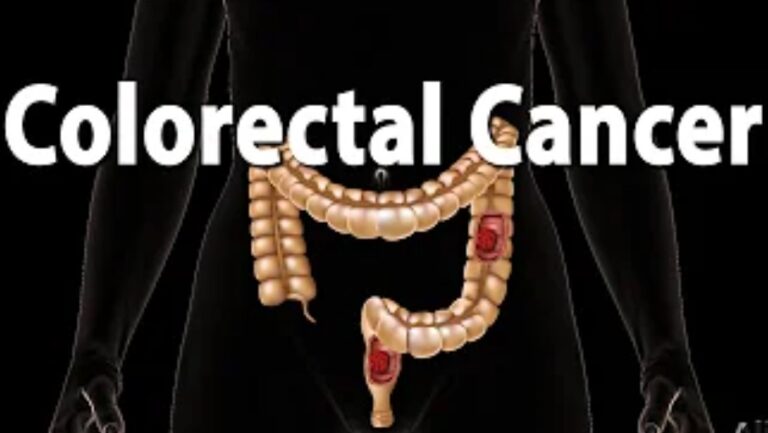Causes Of Recurrent Miscarriages: Types, Treatment And Prevention!
Recurrent miscarriages could be a very painful, depressing, and potentially lethal experience, in the life of any woman that experiences this, especially one who has not had any living child before. In our environment, particularly in some cultures, people call you all sorts of names, and make a mockery of you & your situation, for reasons which are by no means your fault.
Not all miscarriages are from village people, today we are going to look into the possible medical causes of recurrent miscarriages & what to do about them where necessary.
What is a Miscarriage?
Miscarriage is what occurs when the unborn baby dies in the womb, before getting to the 20th week of pregnancy. Most miscarriages usually happen very early in the pregnancy, 8 out of 10 miscarriages usually occur in the first trimester (that is the first 3 months of the pregnancy) Some ladies do not even know they are pregnant yet at this time, except those seeking a child. Unfortunately, the miscarriage process cannot be stopped or reversed once it has started.
About one in five women experience a loss of pregnancy. Despite it being very common, losing a pregnancy can be emotionally difficult, with feelings of loss and grief. In Medicine, Miscarriage is known as a “spontaneous abortion.”

What Is Recurrent Miscarriage?
Let’s break down the phrase…
Recurrent: Something occurring repeatedly
Miscarriage: The loss of pregnancy before the 20th week of pregnancy.
Hence, repeated miscarriages are the repeated loss of a confirmed pregnancy before the 20th week of pregnancy.
What are the Causes of Recurrent Miscarriages?
The repeated loss of a confirmed pregnancy before the 20th week of pregnancy could be a result of several factors. They include:
Genetics:
Every fertilized egg gets 23 chromosomes from each parent. There are times it could be more or less making it abnormal. The body tries to eliminate it because it’s abnormal and this causes 60% of miscarriages and it’s common in older women.
Rhesus Factor Incompatibility:
Problems with the rhesus factor in the blood are a common cause of repeated miscarriages. This rhesus incompatibility occurs when the blood of the mother is Rh-negative while that of the baby is Rh-positive, as a result of the father being Rh-positive. When this happens, there is a difference in the Rh factor between a mother(-) and the baby(+), the body of the mother recognizes the baby as a foreign body, attacks it, and causes a miscarriage. If you are a woman, and you are Rhesus negative or you do not know your blood group yet, read this.
Anti-phospholipid Syndrome (APL):
This is a disorder of the immune system, that raises your risk of having blood clots. It is also known as Hughes syndrome, Antiphospholipid antibody syndrome, or lupus anticoagulant. In pregnant women with this condition, it can lead to repeated miscarriages and stillbirths. It also raises their chances of Pre-eclampsia and premature delivery.
Hormonal Imbalance:
Progesterone is the hormone of pregnancy, the hormone that keeps the baby till birth. Any condition that raises or reduces this hormone will cause a miscarriage.
Uterine Structure Abnormality:
The uterus commonly known as the womb houses the child. Anything that affects the space where the unborn baby is supposed to implant itself in the womb such as Fibroid can cause miscarriage. The cervix is the gate of the womb sometimes is too weak and doesn’t close (Incompetent Cervix) and this can also cause miscarriage.
Illness:
Some medical conditions, like severe diabetes, can increase your chances of having recurrent miscarriages.
Infections:
Maternal Infections such as Rubella (known as German Measles), Herpes Simplex, and Chlamydia can affect baby growth and cause miscarriage.
Smoking:
People who smoke weed/tobacco and take alcohol during pregnancy are at risk of having miscarriages because these things affect the child. Read about smoking in pregnancy here.
Note that you have to ensure that you are not going through any form of physical trauma or abuse. If you are, please, report it to the appropriate authorities.
What are the different types of miscarriages?
There are different types of miscarriages as follows:
- Threatened miscarriage: This happens when a pregnant woman experiences vaginal bleeding and possibly has mild cramps, but the cervix (mouth of the womb) stays closed. Most times when this happens, the vaginal bleeding usually stops and the pregnancy continues without any problems.
- Inevitable miscarriage: In this case, a pregnant woman experiences vaginal bleeding, and the cervix (mouth of the womb) is opened. If this happens, there’s no chance for the pregnancy to continue.
- Incomplete miscarriage: In this case, some tissues from the baby (still being formed) come out from your vagina, while some still remain inside your uterus. If this happens, you should see your obstetrician for follow-up treatment to remove the remaining parts and prevent infections.
- Complete miscarriage: Here, all the baby tissue comes out of your womb.
- Missed miscarriage: Here, You do not experience any cramps or vaginal bleeding. However, on ultrasound, it is seen that you are carrying a baby that does not have a heartbeat or even an empty pregnancy sac without a baby inside.
- Read more about causes of bleeding in pregnancy here
Symptoms of Miscarriages
Symptoms of miscarriages include:
- fluid, blood, or tissue coming out of the vagina
- Pain in the lower part of the stomach or lower back.
- It is also common to feel sadness or grief.
Treatment of Recurrent Miscarriages
Any woman who has been experiencing recurrent miscarriages is advised to see a gynaecologist (a specialist doctor in women’s health) for appropriate examination and investigation to determine the underlying cause. Treatment for recurrent miscarriages is dependent on the underlying cause.
Prevention Of Miscarriages
- Rhesus Incompatibility: know your partner’s blood group and rhesus factor. Let your doctor know if different you would be given injections that would prevent “Rhesus Incompatibility”
- Hormonal Imbalance: Your doctors would run a test called “Hormonal Assay” to find out the hormone that is the problem and place you on “Hormone Replacement Therapy”
- Infections: Go to the hospital where adequate tests would be done to be able to treat infections properly
- Uterine Structure Abnormality: Fibroids and other Uterine structure abnormalities can be detected via Ultrasound scans and other radiological examinations. Depending on the size, they could be removed surgically and the cervix closed up by doing a “Cervical Cerclage” if it’s too weak to close. read more about fibroids here.
- Smoking and Alcohol: Stop smoking and drinking during pregnancy
Make Sure You Register For Antenatal Once You’re Confirmed Pregnant. This is for proper monitoring and managing of your pregnancy till delivery. See the benefits of antenatal here.
The various causes of miscarriages can either be treated or avoided, See Your Doctor Today. Not all miscarriages are sent from the village!
Remain Educated And Blessed.
Have any questions, ask below!!
